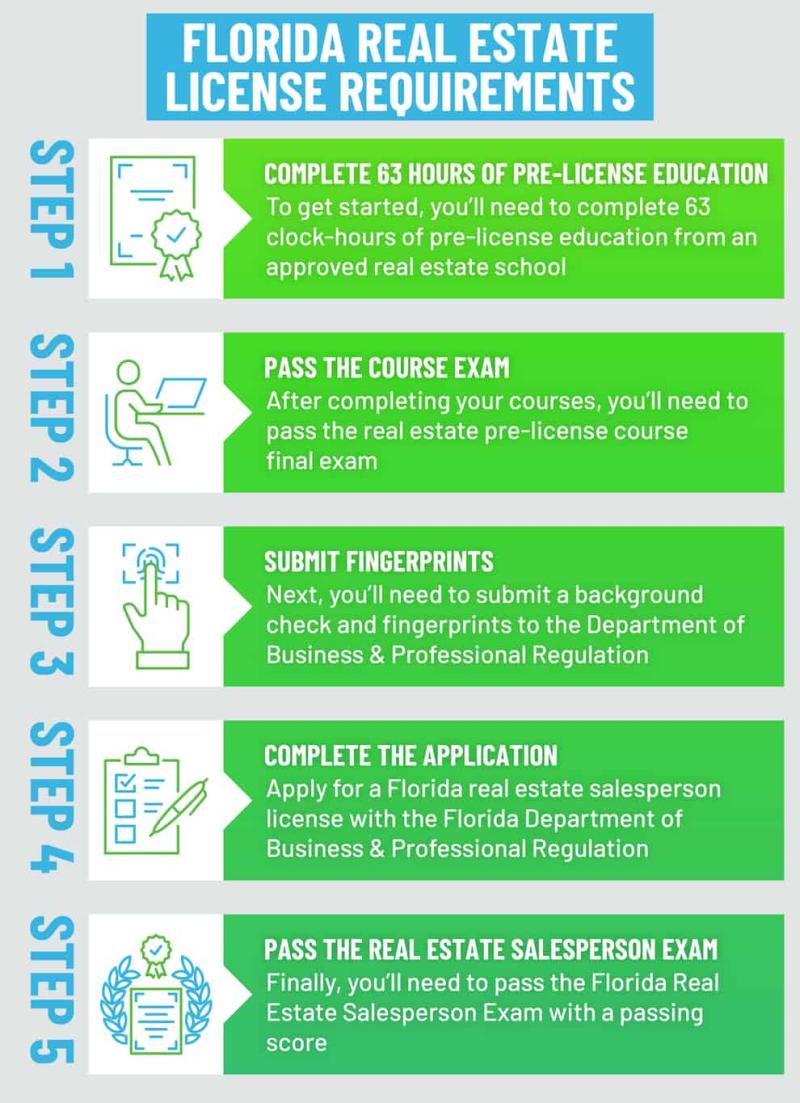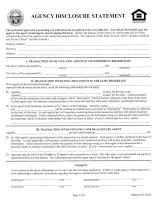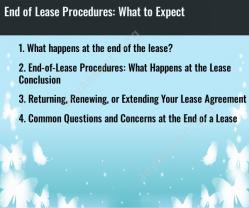How can I apply for a real estate broker license?
The process of applying for a real estate broker license can vary depending on the state or jurisdiction in which you plan to practice. Each state has its own real estate licensing authority, and the requirements and procedures may differ. However, the general steps involved in obtaining a real estate broker license typically include the following:
Meet Eligibility Requirements:
- Most states have specific eligibility requirements for individuals seeking a real estate broker license. Common requirements may include being at least 18 or 21 years old, having a certain level of education (high school diploma or equivalent), and having completed a certain number of hours of pre-licensing education.
Complete Pre-Licensing Education:
- Attend a state-approved real estate broker pre-licensing education program. The number of required hours can vary by state. These courses cover topics such as real estate principles, practices, laws, and ethics.
Gain Real Estate Experience:
- In some states, you may be required to have a certain amount of practical experience working as a licensed real estate salesperson before applying for a broker license. The experience requirement can vary.
Pass the Broker Licensing Exam:
- After completing the pre-licensing education and meeting any experience requirements, you'll need to pass the state's real estate broker licensing exam. The exam typically covers both national and state-specific real estate laws and practices.
Submit Application:
- Complete and submit the broker license application to the state's real estate licensing authority. Along with the application, you may need to provide proof of education, experience, and exam completion. There is usually an application fee.
Undergo Background Check:
- Many states require applicants to undergo a criminal background check. Certain criminal convictions may impact your eligibility for a real estate license.
Obtain Errors and Omissions Insurance:
- Some states require real estate brokers to obtain errors and omissions (E&O) insurance, which provides liability coverage for real estate professionals.
Pay Licensing Fees:
- Pay any required licensing fees associated with the application process. Fees can include application fees, exam fees, and initial licensing fees.
Maintain Continuing Education:
- After obtaining your broker license, you will likely be required to complete continuing education courses to stay informed about changes in real estate laws and practices.
It's important to note that the details of the licensing process can vary, so it's crucial to check with the real estate licensing authority in the specific state where you plan to practice. You can find information on licensing requirements and procedures on the official website of the real estate commission or board in that state.
Applying for a Real Estate Broker License:
Steps:
- Meet the pre-licensing requirements: This varies by state, but typically includes minimum age (usually 18 or 21), legal residency, criminal background check, and completion of a pre-licensing education course.
- Pass the real estate broker licensing exam: This is a national and state-specific exam covering real estate law, ethics, practices, and finance.
- Submit your application and fees: This includes your application form, exam results, fingerprint background check, and licensing fees.
- Pass a background check: This ensures you meet the state's ethical and professional standards.
- Obtain errors and omissions insurance: This protects you from potential legal liabilities related to your work.
- Activate your license: Once your application is approved and all requirements are met, you will receive your real estate broker license.
Note: This is a general overview, and specific steps may vary depending on your state. Consult your state's real estate commission website for detailed instructions and requirements.
Educational and Experience Prerequisites:
Education:
- Most states require completing an approved real estate broker pre-licensing course.
- This course typically involves 75-150 hours of classroom instruction or online learning.
- The course covers topics such as real estate law, ethics, contracts, finance, and property valuation.
Experience:
- Some states require applicants to have experience as a licensed real estate salesperson before applying for a broker license.
- The required experience varies by state, ranging from one to three years.
Preparing for the Real Estate Broker Exam:
- Review the exam content and format: Familiarize yourself with the specific topics covered on the exam for your state.
- Use exam prep materials: Numerous study guides, practice tests, and online courses are available for purchase or free online.
- Create a study schedule: Dedicate a consistent amount of time to studying and reviewing materials.
- Join a study group: Collaborating with other exam candidates can enhance understanding and retention.
- Take practice exams: Regularly assess your progress and identify areas needing improvement.
- Seek professional help: Consider enrolling in a test prep course or hiring a tutor for personalized guidance.
- Manage stress: Develop relaxation techniques to maintain focus and perform optimally on exam day.
Additional Resources:
- National Association of Realtors (NAR): https://www.nar.realtor/
- National Association of Real Estate Brokers (NAREB): https://www.nareb.com/
- Association of Real Estate License Law Officials (ARELLO): https://www.arello.org/
Remember, preparation and dedication are key to successfully obtaining your real estate broker license.













